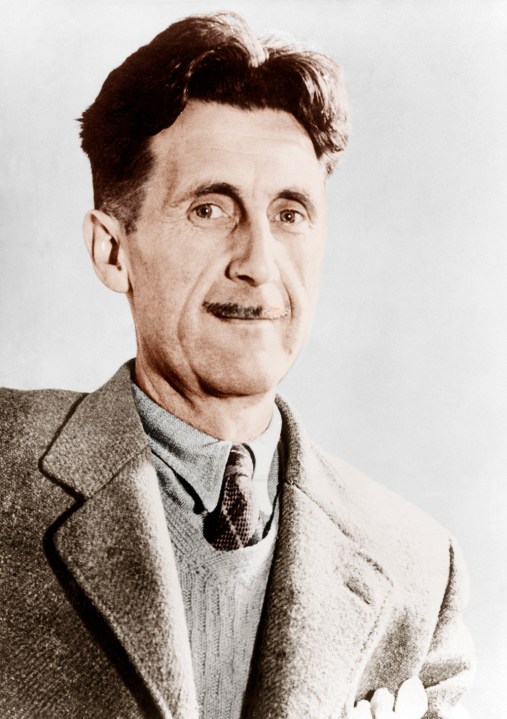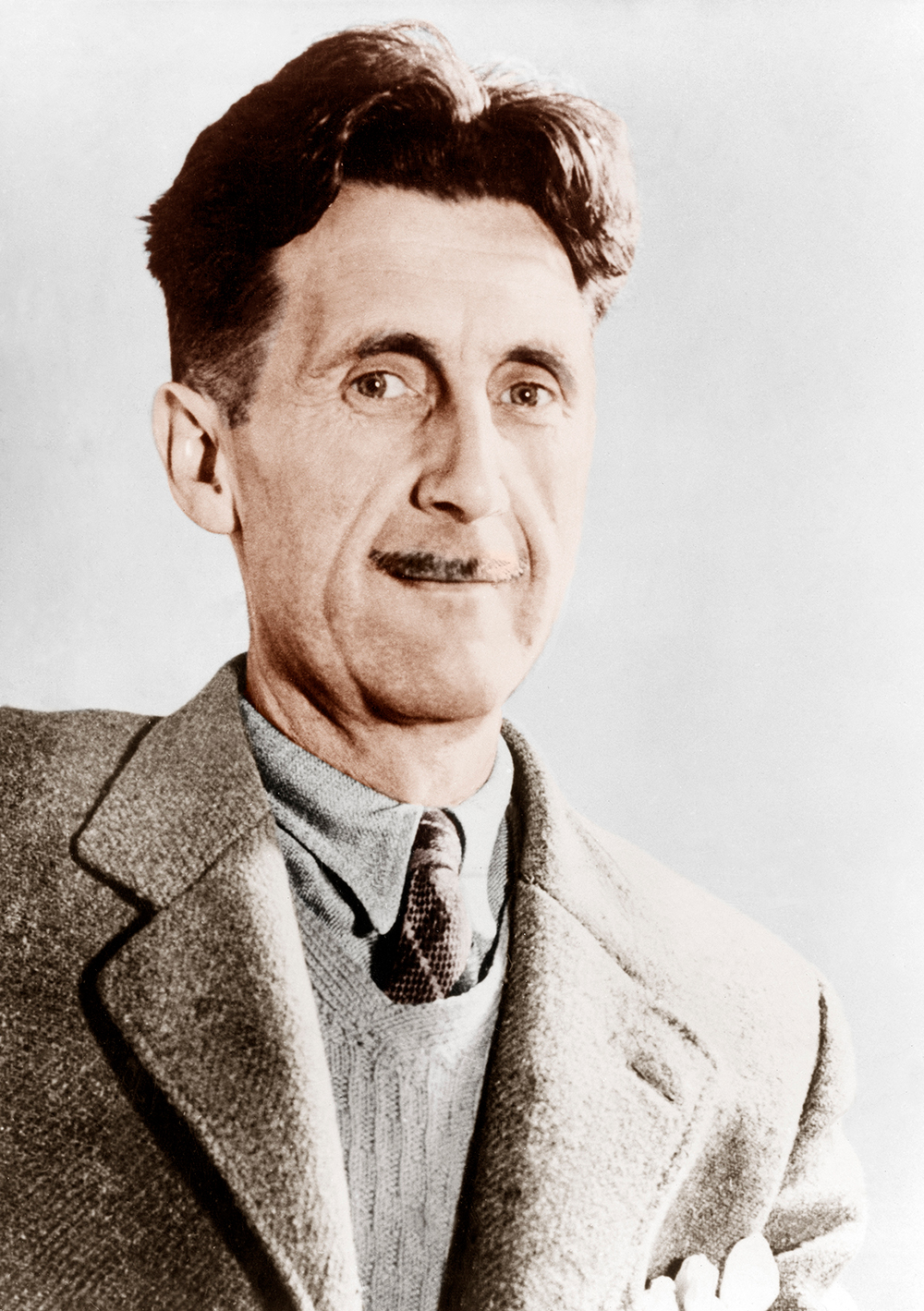
Peter Watson begins his survey of the history of ideas in Britain with the assertion that the national mindset (which at that time was the English mindset) changed significantly after the accession of Elizabeth I. His book – a guide to the nature of British intellectual curiosity since the mid-16th century – begins there, just as England had undergone a liberation from a dominant European authority: the shaking off of the influence of the Roman Catholic church and the advent of the Reformation, and the new opportunities that offered for the people.
He describes how a culture based largely on poetry and on the court of Elizabeth then redirected the prevailing intellectual forces of the time. This affected not just literature (Marlowe, Shakespeare and Jonson) but also helped develop an interest in science that grew remarkably throughout the next few centuries. The ‘imagination’ of Watson’s title is not merely the creative artistic imagination, but also that of scientists and inventors and, indeed, of people adept at both.
The book is, according to its footnotes, based on secondary sources, so those well read in the history of the intellect in Britain since the Reformation will find much that is familiar. There is the odd surprise, such as one that stems from the book’s occasional focus on the British empire and the need felt today to discuss its iniquities. Watson writes that the portion of the British economy based on the slave trade (which must not be conflated with empire) was between 1 per cent and 1.4 per cent. He also writes that for much of the era of slavery the British had a non-racial view of it, since their main experience of the odious trade was of white people being captured by Barbary pirates and held to ransom. While this cannot excuse the barbarism endured by Africans shipped by British (and other) slavers across the Atlantic, it lends some perspective to a question in serious danger of losing any vestige of one.
Watson does not come down on one side or the other in the empire debate, eschewing the ‘balance sheet’ approach taken by historians such as Nigel Biggar and Niall Ferguson; but he devotes too much of the last section of his book to the question, when other intellectual currents in the opening decades of the 21st century might have been more profitably explored, not least the continuing viability of democracy. Earlier on, he gives much space to an analysis of Edward Said, and questions such as whether Jane Austen expressed her antipathy to slavery sufficiently clearly in the novel Mansfield Park.
But then some of Watson’s own analyses of writers and thinkers are not always easily supported. He is better on the 18th century – dealing well with the Scottish enlightenment (giving a perfectly nuanced account of Adam Smith) and writers such as Burke and Gibbon – than he appears to be on the 19th. He gives Carlyle his due, but cites an article in a learned American journal from 40 years ago to justify his claim that Carlyle’s ‘reputation took a knock’ in 1849 with the publication of his Occasional Discourse on the Negro Question. Watson says readers were offended by the use of the term ‘Quashee’ to describe a black man. They may well, if so, have been unsettled by the still less palatable title that the Discourse was subsequently given, which was The Nigger Question: it appeared thus in a 1853 pamphlet and in the Centenary Edition of Carlyle’s works in 1899. That indicates the Discourse did Carlyle’s reputation no lasting harm at the time, whatever it may have done since.
In seeking to pack so much into fewer than 500 pages of text, Watson does skate over a few crucial figures. Some of his musings on empire might have been sacrificed to make more space for George Orwell, for example. A chapter in whose title his name appears features just one brief paragraph on him, about Homage to Catalonia, and later there is a page or so on Animal Farm, which says nothing new. Of Orwell’s extensive and mould-breaking journalism there is nothing – somewhat surprising in a book about the British imagination when dealing with one of its leading exponents of the past century.
Watson emphasises scientific discovery and innovation, and the effect on national life and ideas caused by the Industrial Revolution. These are all essential consequences of our intellectual curiosity, and he is right to conclude that the historic significance of Britain in these fields is immense. He includes league tables of Nobel prizewinners by nation in which Britain shows remarkably well. But these prizes are not the only means by which the contribution to civilisation and progress by a people are measured.
There are notable omissions. Although Watson talks about the elitist nature of ‘high culture’ – such as Eliot and The Waste Land – he does not discuss how far the British imagination, and the British contribution to world civilisation, might have advanced had we taken the education of the masses more seriously earlier. We were, until the Butler Education Act of 1944, appalling at developing our human resources, and have not been much better since. It is surprising that there is no discussion of British music, one of the greatest fruits of the imagination of the past 150 years. And there is no analysis of the role of architecture, which, given its impact and its centrality to many people’s idea of themselves as British, surely merited examination. The book shows extensive and intelligent reading, but trying to cram so much information and commentary into one volume has not been a complete success, or resulted in something entirely coherent.








Comments